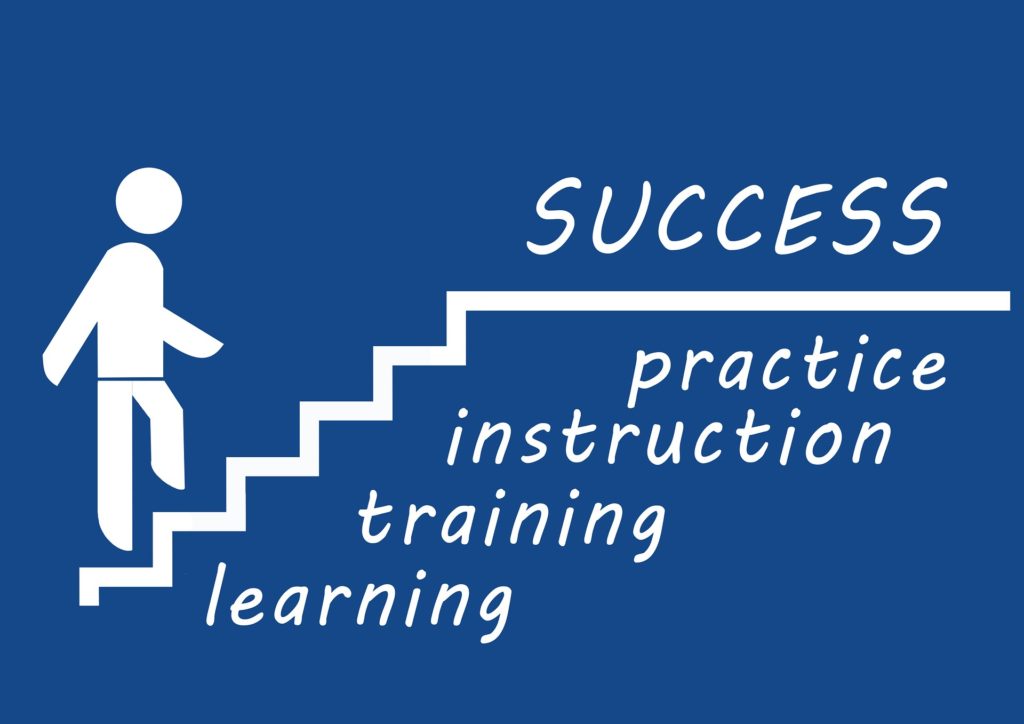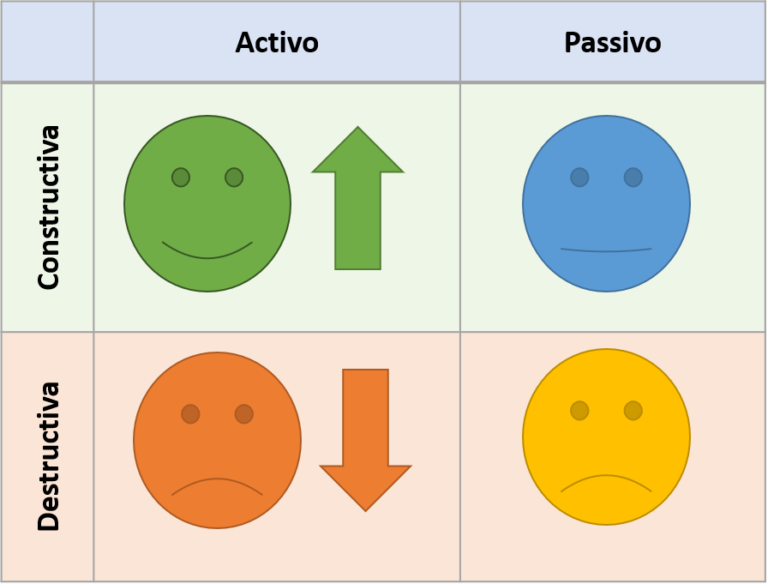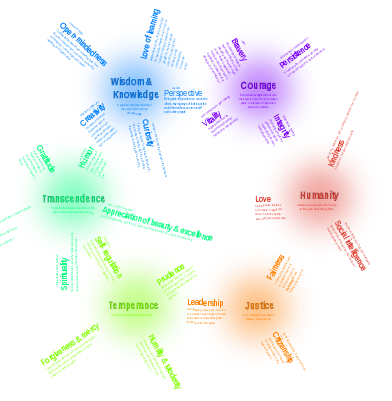
Grit is having passion and perseverance to achieve long-term goals.
A student has grit when in spite of the frustrations and difficulties they go ahead, persevering on the challenges and maintaining interest in certain areas in a consistent way for a long period of time.
Grit and self-control are very important character strengths as they are predictors of success, particularly in difficult circumstances. Having grit and perseverance makes it easier to reach those goals that are worthwhile for the individual. There are many studies that analyse individuals of different ages and fields of specialisation that positively correlate determination with success.
But can this character be taught? and if so, how? In the online course Teaching Character and Creating Positive Classes they interview Dr. Angela Duckworth, expert in the grit arena, author of several books and founder of Character Lab, to try to solve this question. However, the answer is still unclear. These characters are not determined entirely by genetics, so there is a possibility that they can be taught.
Duckworth identifies a number of factors that parents and teachers could put into practice to support the development of grit:
- Duckworth emphasizes the importance of making students understand the importance of practice and effort to achieve mastery in an area. Many times practice is not fun and it seems that the effort is not generating the expected outputs, but it is necessary to persevere.
- Children have to understand that they cannot have good results constantly, that all practice does not have to be satisfactory.
- They must become familiar with making mistakes and understand that part of learning is making mistakes and overcoming those difficulties.
- In addition to congratulating success or achieving good results, parents and teachers must recognize the effort they make to overcome difficulties.
- Teacher must also provide constructive criticism and comments to guide the student in their tasks.
- Teachers can design activities in which students show these character strengths, enabling them to monitor and measure their development. It is important that students monitor themselves as well, recognize the character they are demonstrating and identify possible improvements to further develop their strengths.
- Teachers should also consider how grit and self-control are represented in their lives and share those difficulties with students in order to lead by example and guide them through the process. For example “yesterday I wanted to eat a hamburger and when I went to the restaurant I told the waiter not to bring me the menu and I ordered a salad directly, so I avoided the temptation”.
- Gabriele Oettingen and Peter Gollwitzer developed a strategy called WOOP. WOOP is a practical and accessible activity that helps students achieve their goals. There are several stages in the process: identify a Wish, imagine the Outcome, anticipate the Obstacles and develop a Plan. The continued use of this strategy has shown an improvement in the students.
- Teachers should encourage students to take control of their own learning process, favoring their autonomy.
Duckworth gives an example of how to develop determination at home. Two rules must be established: the first is that every individual must commit to an activity that has some difficulty; the second rule is that you cannot leave that activity until the course is over. Each individual establishes a series of objectives towards which they direct their practice. Through constructive criticism, an intentional language that recognizes effort and practice, greater mastery is achieved. Each individual understands that they are free to choose their activity, however, they can not quit, they have to persevere and only when they have finished the course can they make a conscious and reasoned decision to continue or choose something else.
Additionally, Duckworth studies the relationships between determination and IQ. In most cases these factors are not related and in some circumstances it has been observed that there is an inverse relationship, so, individuals with a higher IQ have less determination. Duckworth describes these children as the fragile perfects; they are individuals who have always achieved the best grades, but at some point they fail and are not able to recover from the difficulties. Duckworth reflects on the importance of these students making mistakes in the early stages so that they learn to get up, persist and keep trying.
References:
- Character Lab (s.f.) WOOP for Classrooms. Character Lab. Recuperado de: https://www.characterlab.org/woop
- Levin, D. (s.f.). Teaching Character and Creating Positive Classrooms, Coursera. Published by Relay Graduate School of Education: https://www.coursera.org/learn/teaching-character



